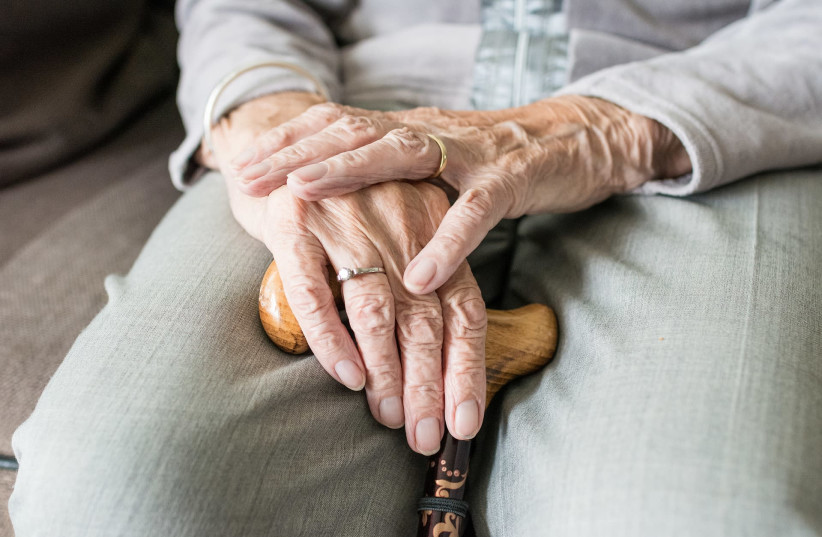Listen to Granny: Cleaning behind your ears, in between toes helps keep skin healthy - study
A total of 129 students were taught to collect their own data by swabbing certain moist and oily hotspots behind the ears, between the toes, and in the navel.
The microbiome – the collection of microbes living in and on the human body, is known to play a role in human health – and the skin is no different. The new study published in the journal Frontiers in Microbiology under the title “Spatial diversity of the skin bacteriome”, has shown that the composition of the skin microbiome varies across dry, moist and oily regions of the skin.
Testing the 'Grandmother Hypothesis'
The researchers at the GW Computational Biology Institute headed by biostatistics and bioinformatics Prof. Marcos Pérez-Losada and his team were interested in testing what they called “the Grandmother Hypothesis.”

Prof. Keith Crandall, director of the Computational Biology Institute and professor of biostatistics and bioinformatics recalled that his grandmother always told the children in his family to “scrub behind the ears, between the toes and in the belly button.” Crandall posited that these hotspots are normally washed less often compared to the skin on the arms or legs and thus may harbor different types of bacteria.
But would the Grandmother Hypothesis hold up if put to the test? Pérez-Losada and Crandall designed an innovative genomics course and then unleashed a team of students to help them find out.
A total of 129 graduate and undergraduate students were taught to collect their own data–by swabbing certain moist and oily hotspots behind the ears, between the toes and in the navel. They also collected samples from control dry areas like the calves and forearms. The students then learned how to extract and sequence the DNA in the skin samples in order to compare the microbes living in the hotspots to those in the control regions.
When certain trouble-making microbes take over the microbiome, they can shift the balance away from health, Crandall said. If the microbiome tips in favor of detrimental microbes, skin diseases like eczema or acne can be the result.
The students proved the Grandmother Hypothesis, and their results suggested that cleaning habits can change the microbes living on your skin and consequently its health status, Crandall added.


No comments:
Post a Comment
Stick to the subject, NO religion, or Party politics